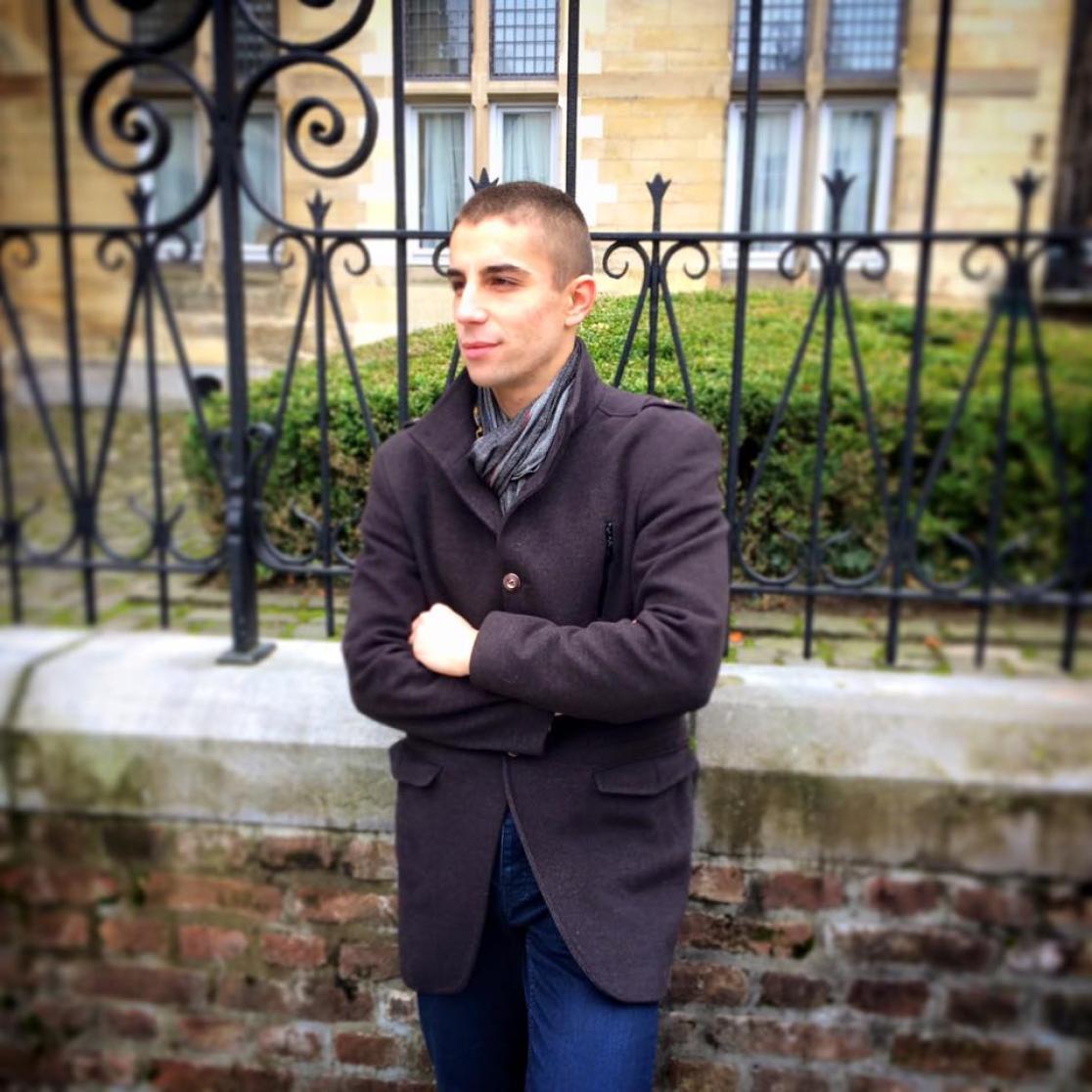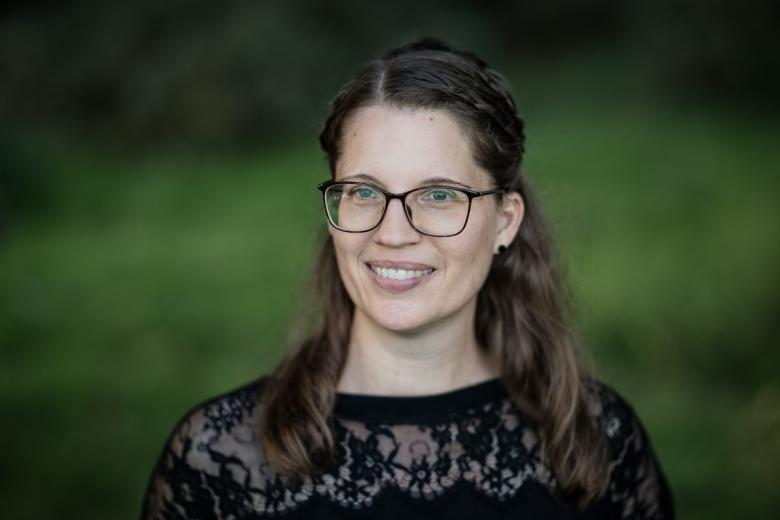A life-changing experience
“I’m from a small town in Central Bulgaria and my family’s annual two week holiday around Europe was my only international experience before coming to Maastricht University. Studying here has changed every aspect of my life.”
Why Maastricht?
“A UM alumnus from my home town recommended it and while I researched affordable programmes in Europe with good rankings, I also came across Maastricht. I liked the location – it really feels like you’re living at the heart of Europe. I read about Problem-Based Learning, which sounded good, although I didn’t completely understand what it entailed. I applied at the very last minute and fortunately I got accepted. I started International Business in 2016 as the only Bulgarian in my year.”
How do you like studying in the Netherlands?
“In the beginning it was really hard: my level in mathematics was a bit too low, so preparing for tutorials took me a lot more time. Some German students studied together with me and I took some private lessons. What really opened my eyes were the stories of fellow students. Some had travelled around Australia for example; you realise that the world isn’t that scary. You become aware of new possibilities and you feel how you grow every day. I learned how strong I am as a person.”
Have you mainly made Bulgarian friends?
“No, my best friend is Dutch; he’s my roommate. He even accompanied me for a visit to Bulgaria last summer. Of course, it was still nice to get to know the few Bulgarian students here because we have had similar experiences. But my friends are from all over the world.”
What’s your experience with the International Classroom in Maastricht?
“It breaks down stereotypes regarding other nationalities. You learn a lot from other students’ perspectives and you think: ‘Wow! The world is big and small at the same time!’ And still, I would like the students to be a bit more open to socialising after class; usually everyone is in a rush and there is not much opportunity to get to know people outside the classroom. Also, I don’t want to generalize, but I would say the culture in Bulgaria is a bit less individualistic… Still, as I’ve learned here: there’s no one right way of doing things. It’s just different.”
Why do you think it’s important to have international students at Dutch universities?
“The more international people you have, the more different ways tackling problems you learn. That is fundamental for creativity. Companies face global challenges and I think people with a global perspective are much needed. Last but not least, the international student population contributes a lot to the local community in economic terms.”
How about your future plans?
“I want to travel, to learn, to get to know more countries and cultures. Eventually I would like to return to Bulgaria, where my girlfriend still lives. I would like to bring about change there; we desperately need that. While in the Netherlands things are organised really well, there are still many problems in Bulgaria. I think I can make the biggest contribution in my home country. I’m very grateful for the opportunity to be here and I’m grateful to the Dutch government and UM because this is a life changing experience for me. Here I started believing in myself and learned that if you work hard, everything is possible.”

Also read
-
METRO to conclude its journey on 1 May 2025
After more than 30 years of successfully promoting European, comparative, and international research at the Faculty of Law, the Maastricht European Institute for Transnational Legal Research (METRO) will formally end its activities on 1 May 2025.

-
Alumna Angela Stoof: The gentle strength of perspective
Angela Stoof brings hope and humanity into rigid systems, blending psychology, spirituality and storytelling in her mission for meaningful change.

-
Salzburg Maastricht University Seminar Public Health Strategy - June 2026
The Care and Public Health Research Institute (CAPHRI), The Asssociation of Schools of Public Health in the European Region (ASPHER) and The Open Medical Institute (OMI) have joined forces to build a Public Health Academy.
